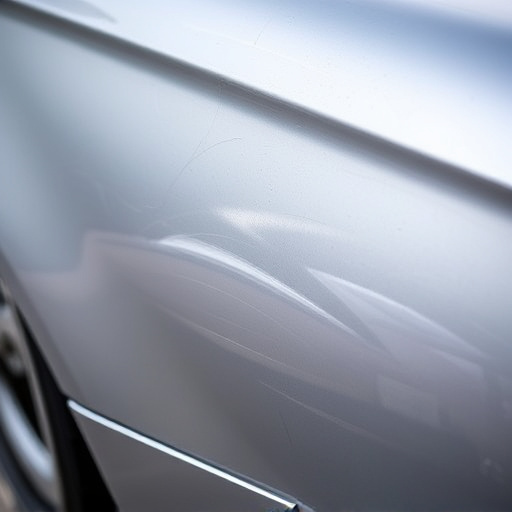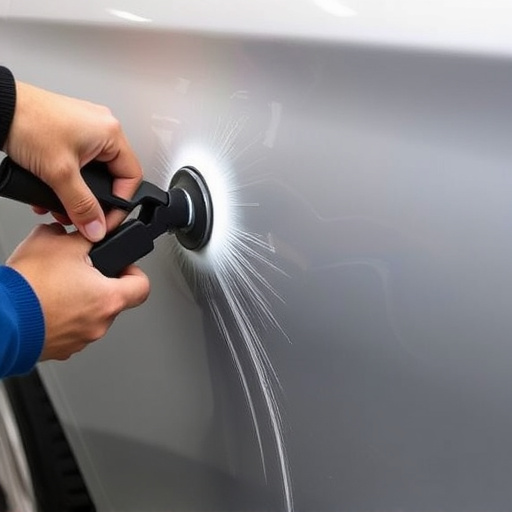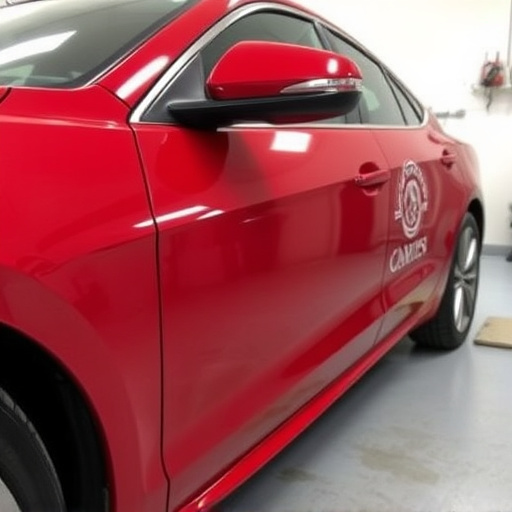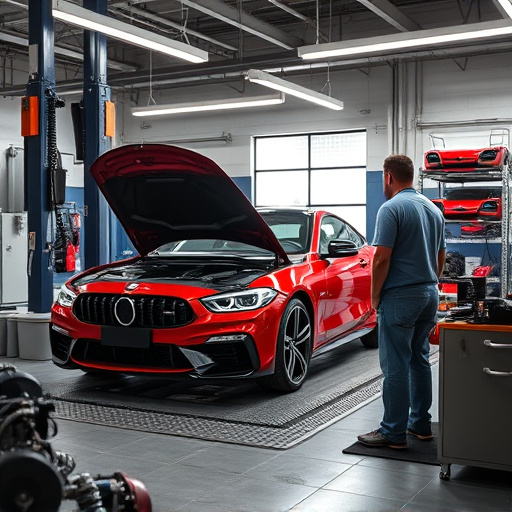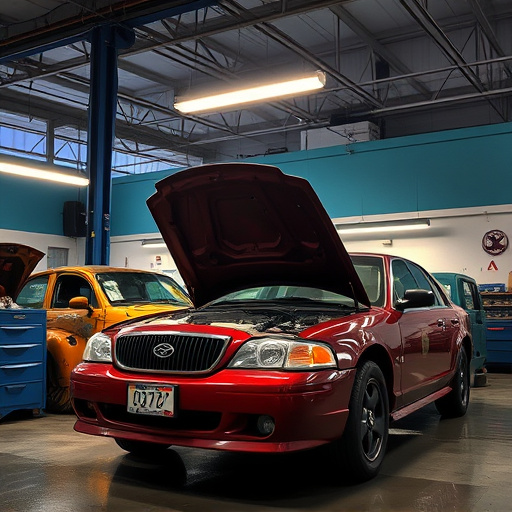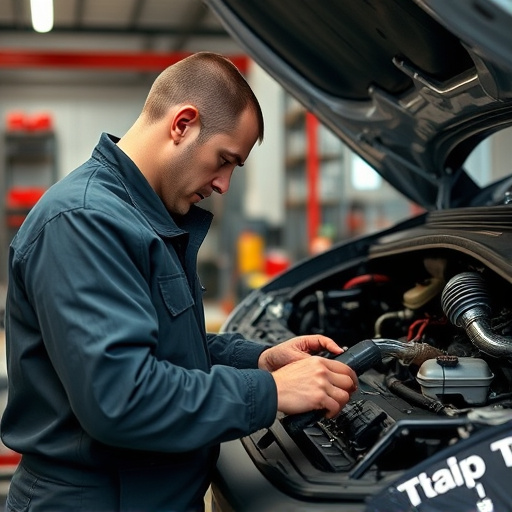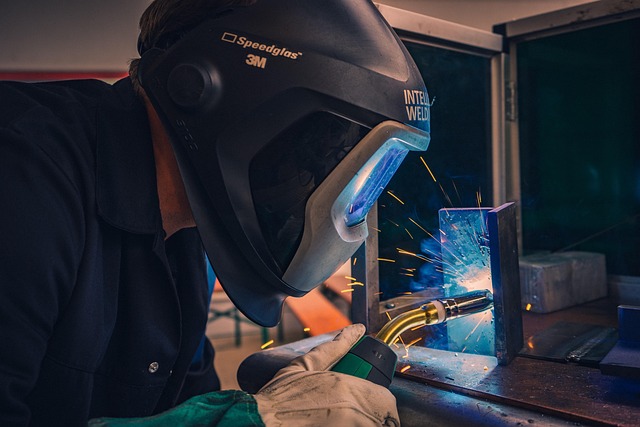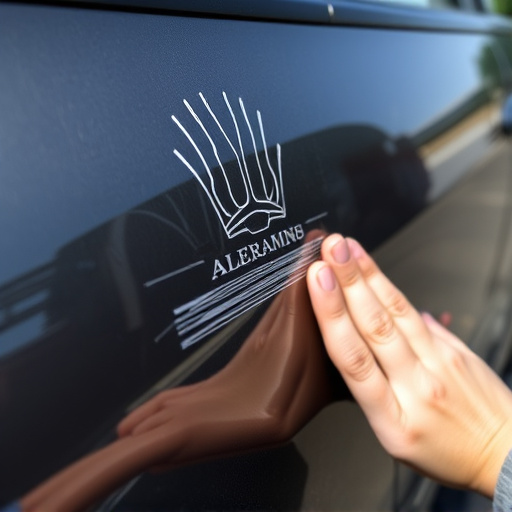In today's digital era, insurance-certified repairs are crucial for building consumer trust in vehicle repairs. These certified centers offer streamlined claims, accurate documentation, and potential cost savings, adhering to industry standards and safety regulations, including tire services. By 2025, insurance-certified repairs will further benefit both insurers and policyholders with reduced time and administrative burdens, minimizing costs and disputes while ensuring high-quality work.
In 2025, consumers demand more than just reliable car repairs—they seek transparent, high-quality service. Insurance-certified repairs are emerging as a game-changer in the automotive industry, offering enhanced trust and peace of mind. This article explores why these certified repairs are crucial. We delve into how they ensure quality and safety standards, streamline claims processes, and reduce costs for both consumers and insurance providers alike. By embracing insurance-certified repairs, the industry fosters customer satisfaction and efficiency.
- Enhancing Trust and Transparency in Repairs
- Ensuring Quality and Safety Standards
- Streamlining Claims and Reducing Costs
Enhancing Trust and Transparency in Repairs
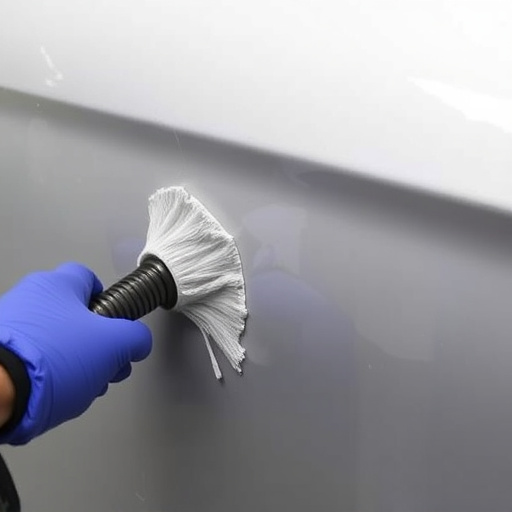
In today’s digital age, consumers are increasingly demanding transparency and trustworthiness in every aspect of their lives, including vehicle repairs. Insurance-certified repairs play a pivotal role in enhancing this trust dynamic. When a collision repair center or automotive restoration service carries insurance certification, it signals to customers that they can expect high-quality, reliable work. This certification ensures compliance with industry standards and best practices, giving car owners peace of mind knowing their vehicles are in capable hands.
Moreover, insurance-certified repairs bring added benefits like streamlined claims processes and potential cost savings. Customers can trust that these certified facilities will accurately document all repairs, ensuring a clear audit trail. This transparency not only simplifies the insurance claim process but also helps prevent disputes or allegations of substandard work. As the automotive industry evolves, consumers are increasingly opting for reputable collision repair centers known for their integrity and adherence to high standards, including tire services that meet safety regulations.
Ensuring Quality and Safety Standards
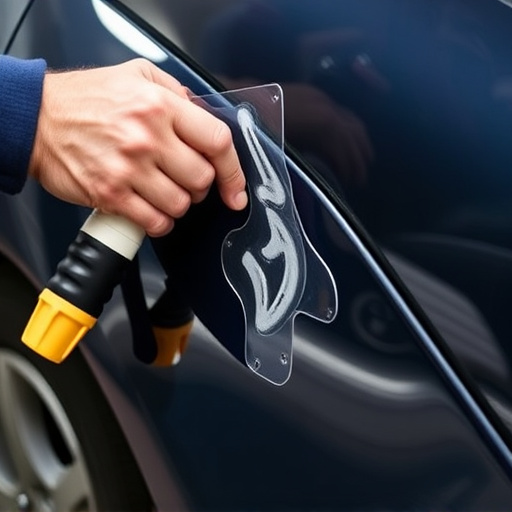
In the competitive auto repair industry, consumers are increasingly demanding quality and safety assurances. Insurance-certified repairs play a pivotal role in meeting these expectations. By adhering to rigorous standards set by insurance companies, certified repair facilities guarantee that every aspect of a vehicle’s restoration is performed competently and securely. This includes meticulous dent removal, precise auto glass replacement, and careful auto painting to match the vehicle’s original specifications.
These certifications ensure not just the technical proficiency of repairs but also the safety of drivers on the road. Insurance companies, known for their stringent requirements, verify that certified repair shops use up-to-date equipment and high-quality materials, minimizing the risk of future mechanical issues or accidents. This commitment to excellence benefits both consumers and insurance providers, fostering trust in a critical sector of the automotive industry.
Streamlining Claims and Reducing Costs
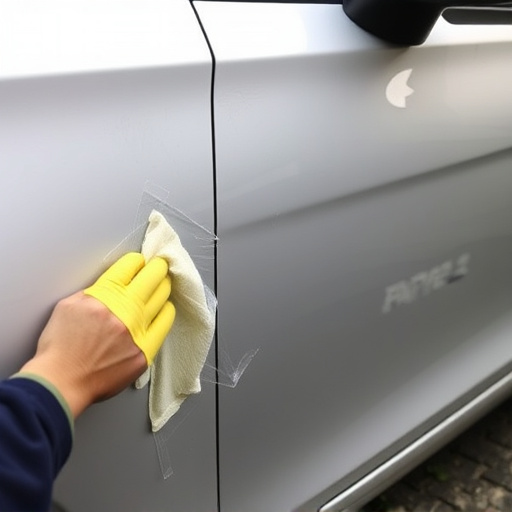
Insurers and policyholders alike stand to benefit from insurance-certified repairs in 2025. One of the key advantages is the streamlined claims process it offers. When a vehicle undergoes an accident, insurance-certified repair facilities are equipped with the knowledge and resources to efficiently assess damage, ensuring that claims are processed faster. This not only reduces the time between the incident and repair but also minimizes administrative burdens on both parties.
Furthermore, these repairs help in cost reduction for both the insured and the insurer. Certified technicians adhere to industry standards and best practices, which means repairs are more precise and less likely to require additional work down the line. This prevents unnecessary expenses for policyholders and reduces the likelihood of claims disputes between insurers and auto body shops (like vehicle body shops or auto collision centers), ultimately saving money for everyone involved in the process.
Insurance-certified repairs play a pivotal role in shaping the automotive industry’s future, offering enhanced trust, transparency, and quality assurance. By adhering to strict standards, these repairs not only streamline claims processes but also significantly reduce costs for both consumers and insurers. Embracing insurance-certified practices is a step towards a more efficient, reliable, and cost-effective automotive repair ecosystem in 2025 and beyond.
